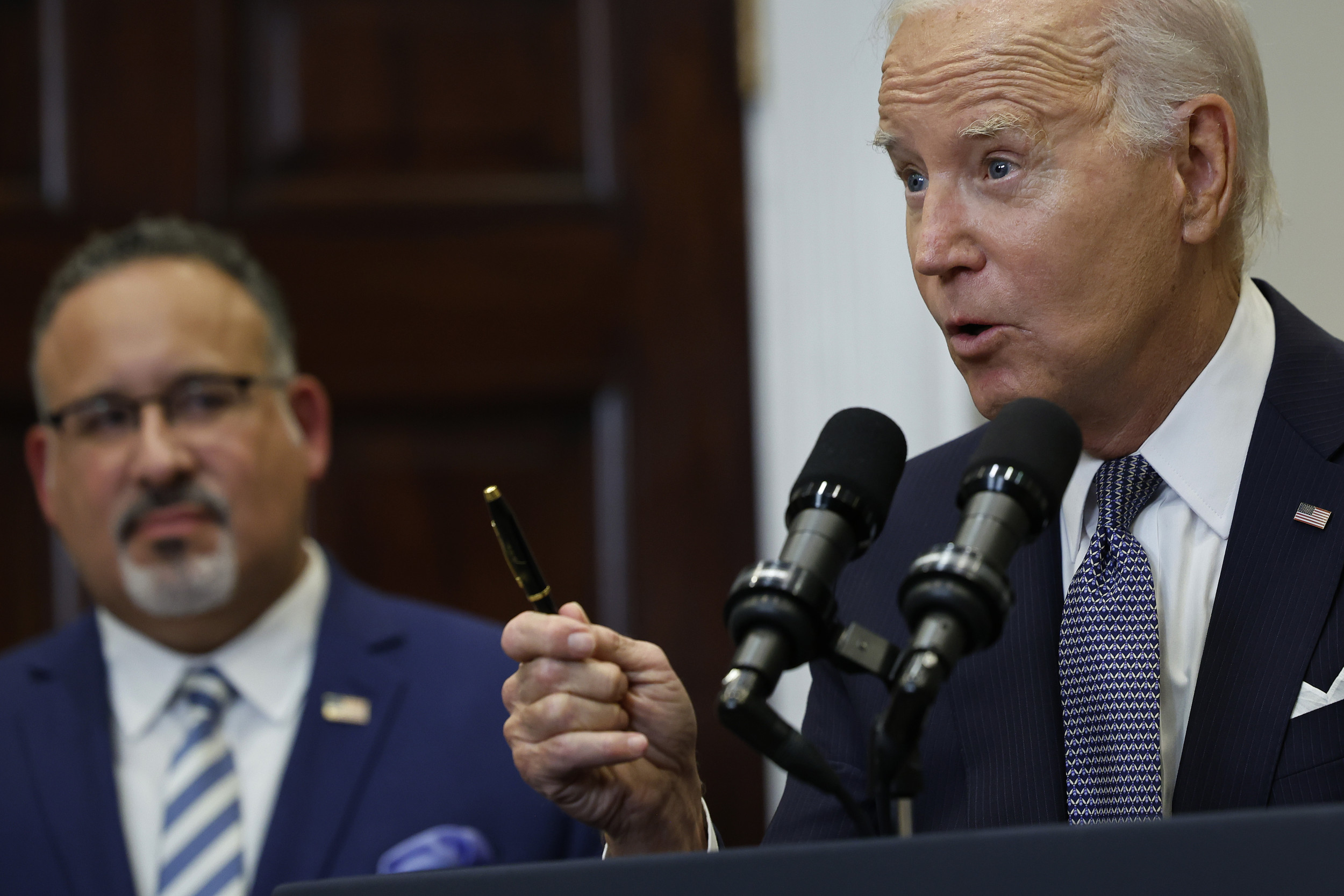Democrats on Thursday agreed to an amendment in a U.S. Senate Judiciary Committee code of ethics bill that condemned racist language attacking Justice Clarence Thomas.
The Supreme Court has been the subject of national debate after the public learned of several instances that sparked ethics concerns. In April, revelations showed that Thomas failed to disclose lavish vacations with a GOP megadonor. Later that month, it was also revealed that Justice Neil Gorsuch failed to disclose a property sale made to a law firm executive who conducted business with the Supreme Court, and in May, it was learned that Justice Sonia Sotomayor didn't recuse herself from cases involving the publisher of her book.
The revelations have sparked a larger discussion on requiring the justices to follow a code of ethics. On Thursday, the Democrat-controlled judiciary committee took a step toward establishing that code of ethics when it passed Democratic Senator Sheldon Whitehouse's ethics bill along party lines.

The bill encountered nearly three hours of discussion during the Judiciary Committee meeting. Many of the Republican amendments to the bill were shot down, but Democrats agreed to an amendment proposed by Republican Senator John Kennedy that condemned recent racist attacks against Thomas.
One of the most recent ones occurred July 13, when Minnesota Attorney General Keith Ellison likened Thomas to a house slave from the 2012 Quentin Tarantino film Django Unchained in an interview with the Michigan Chronicle. The comments sparked Kennedy's amendment, which assailed the language, but the amendment sparked wrangling in the committee before Democrats agreed to add it to the ethics bill.
"It would be unconscionable for this committee not to condemn that kind of rhetoric for Clarence Thomas," Kennedy said.
However, Whitehouse, who drafted the ethics bill, said that the amendment was "not relevant to the matter at hand" and urged his colleagues to vote against it.
"How can you not condemn a statement calling Justice Clarence Thomas a house slave?" Kennedy responded. "Come on, folks. That's all this amendment does. Does anybody here support that kind of rhetoric? It's un-American."
Whitehouse responded that he did condemn the rhetoric but argued that Kennedy's amendment went further than condemnation and called on the Biden administration to enforce code to protect Supreme Court justices such as Thomas.
"We have spent a lot of time in this committee trying to make sure that the White House and the political side of the executive branch is kept out of internal Department of Justice law enforcement decisions," Whitehouse said.
In the end, the Democrats agreed to the amendment. Newsweek reached out to Whitehouse and Kennedy's offices via phone for comment.
If the bill becomes law, the Supreme Court would have 180 days to publish a code of conduct. During that time, the public would be permitted to submit ethics complaints that would then be reviewed by lower court judges. Politico reported that the bill strengthens rules around required disclosure of gifts and travel, and there would be clearer mandates about justices recusing themselves from a case when a conflict of interest presents itself.
Many Republicans on the committee warned their Democratic colleagues that the bill had little chance of becoming law, especially if it were to reach the GOP-controlled House.








